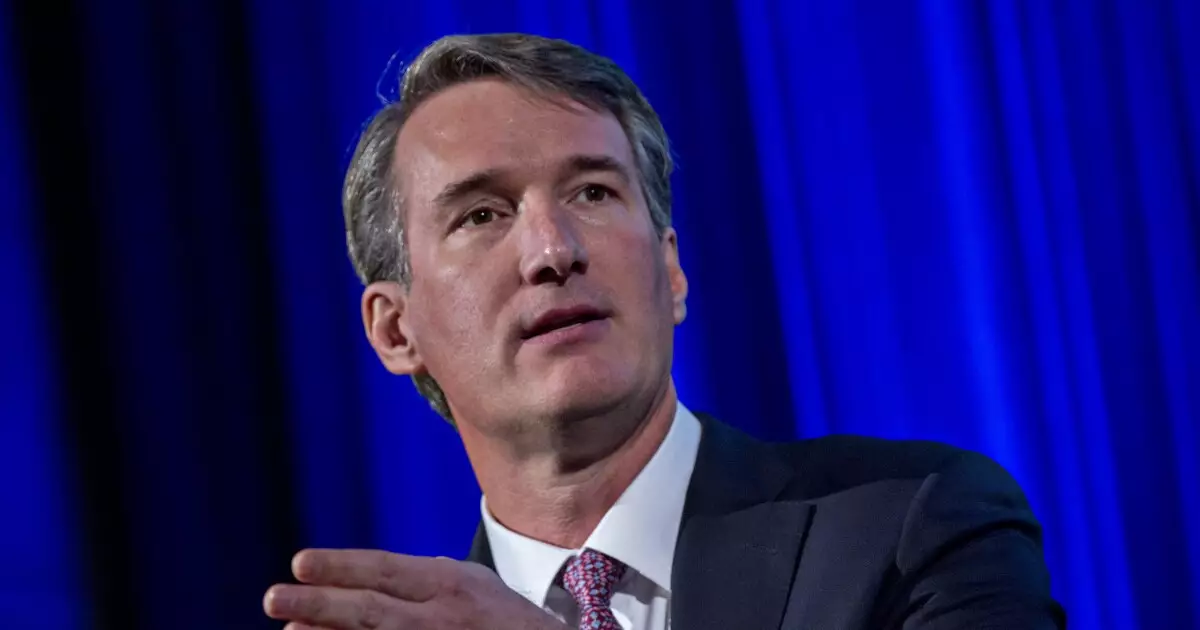Virginia is facing a pivotal moment in its fiscal policy with the recent approval of a significant tax rebate designed to return taxpayer dollars during a time of budget surplus. This development not only highlights the complexities of state governance but also reveals underlying tensions between legislative bodies and the executive branch. As lawmakers navigate these fiscal waters, they are poised to redefine the relationship between the government and its constituents, potentially reshaping Virginia’s economic landscape.
The Context of the Tax Rebate Proposal
The impetus behind the proposed billion-dollar tax rebate stems from a consensus among both houses of the Virginia General Assembly, which is majority Democrat, to offer financial relief to residents. The plan offers $200 rebates for individual taxpayers and $400 for couples. Additionally, there is a push to raise the standard state income tax deduction. This initiative reflects a broader trend observed across many states experiencing budget surpluses, prompting legislators to return excess funds to taxpayers.
While Governor Glenn Youngkin has indicated support for rebates, his approach has been characterized by a preference for adjustments to the existing personal property tax on vehicles. Currently set at 4.15%, the car tax represents a significant funding source for state and local governments. Youngkin’s dual proposal of tax rebates through vehicle tax reform and direct taxpayer refunds encapsulates his desire to stimulate the economy while maintaining revenue streams.
Youngkin’s aspirations for national political relevance have added layers of complexity to the ongoing negotiations. His statement reflecting optimism about reaching an agreement shows a willingness to collaborate, yet his past conflicts with the General Assembly, especially regarding infrastructure projects, loom large. For instance, a previous setback involving a proposed arena complex in Alexandria illustrates the fraught relationship between the executive and legislative branches in Virginia.
As lawmakers work towards a final fiscal framework ahead of the February deadline, the stakes are high. Failure to reach a consensus would result in the current budget remaining in force, which some view as a setback in the progressive shift towards a more taxpayer-friendly fiscal policy. The possibility of a stalemate underscores the precarious balance of power in state governance, where political ideologies clash amidst the backdrop of economic realities.
The push for tax rebates comes even as some experts express caution about long-term fiscal implications. The trend of returning surplus funds to the public has garnered significant political appeal, diversifying the approaches taken by state governments, each reflecting the unique demands of their constituents. Senate Minority Leader Ryan McDougle’s statement reinforces this sentiment—not every approach to tax rebates may align with every political faction’s desires, but the ultimate goal remains clear: to put money back into the hands of Virginia residents.
Interestingly, while the rebates might deliver immediate financial relief, Youngkin’s proposal also includes a substantial $295 million deposit into Virginia’s reserve fund, highlighting an attempt to balance short-term gains with long-term fiscal prudence. This aspect of the budget amendment underscores a commitment to careful financial management, as evidenced by Fitch Ratings assigning a ‘AAA’ rating to Virginia’s general obligation bonds. Such endorsements not only instill confidence in the state’s financial stability but also attract potential investors seeking secure investment opportunities.
As the debate over the budget unfolds, Virginia’s economic trajectory hangs in the balance. The outcome of the rebate discussions will ultimately shape how residents perceive their government, potentially influencing voter sentiment in upcoming elections. Should the legislature successfully implement the tax rebates while maintaining prudent fiscal policies, it may bolster public confidence and support for future initiatives aimed at economic empowerment.
The ongoing negotiations in Virginia reflect a confluence of fiscal necessity and political maneuvering. As legislators and the governor strive to find common ground, the decisions made in these deliberations will reverberate through the state’s economy and its relationship with taxpayers. The path forward requires a delicate balance between short-term relief and long-term stability, embodying the intricate dance of governance within a democratic society.


Leave a Reply